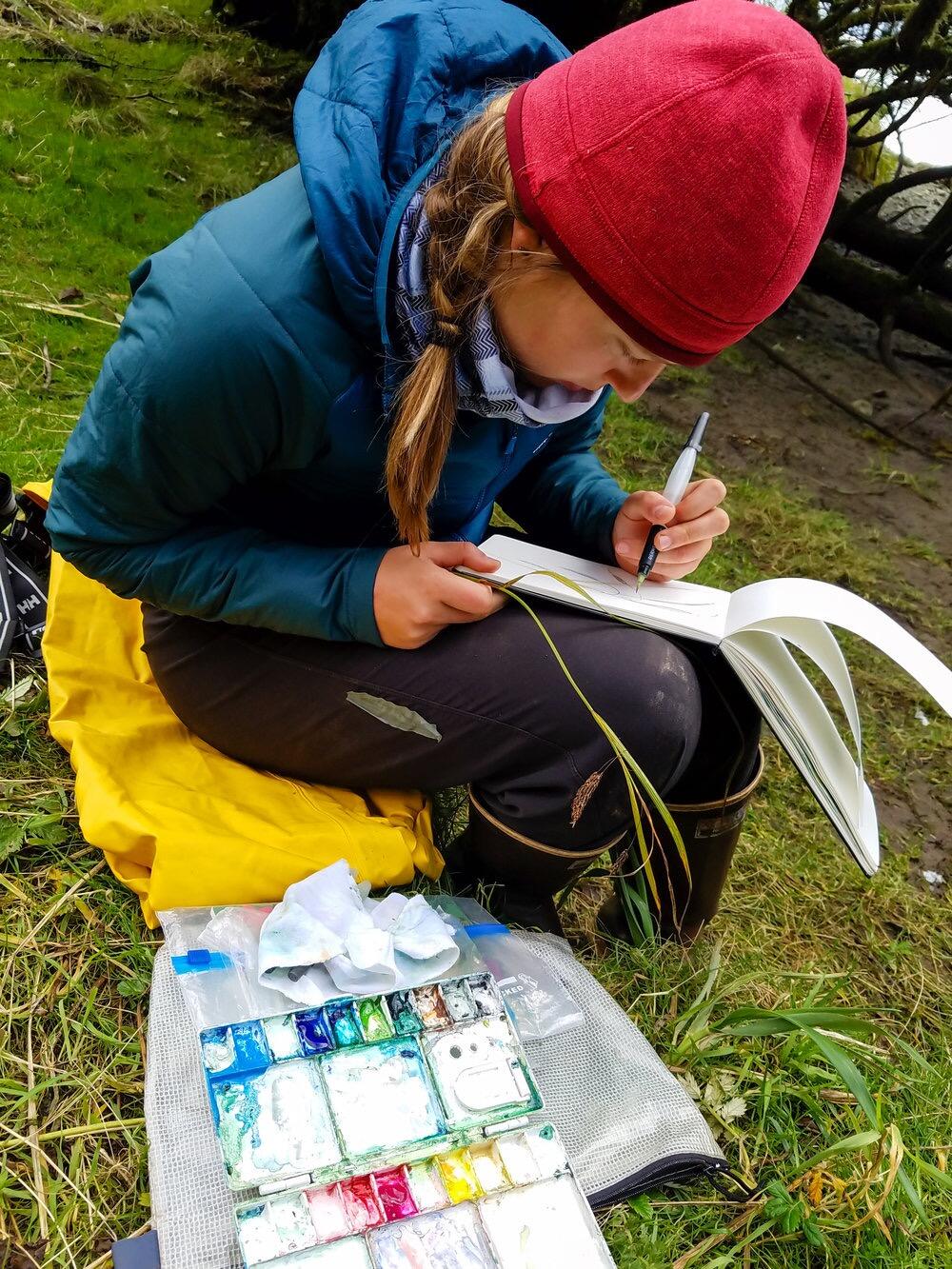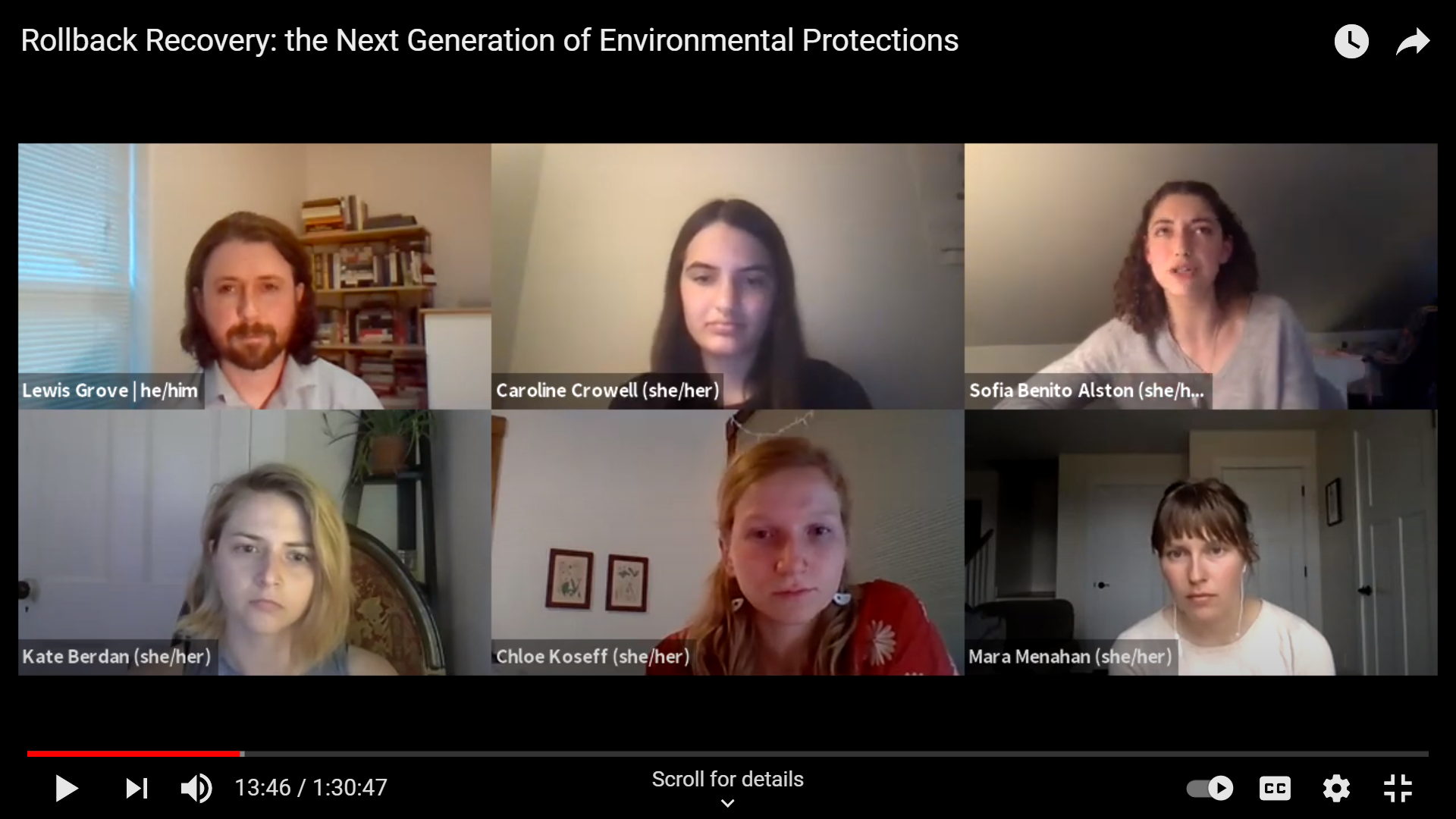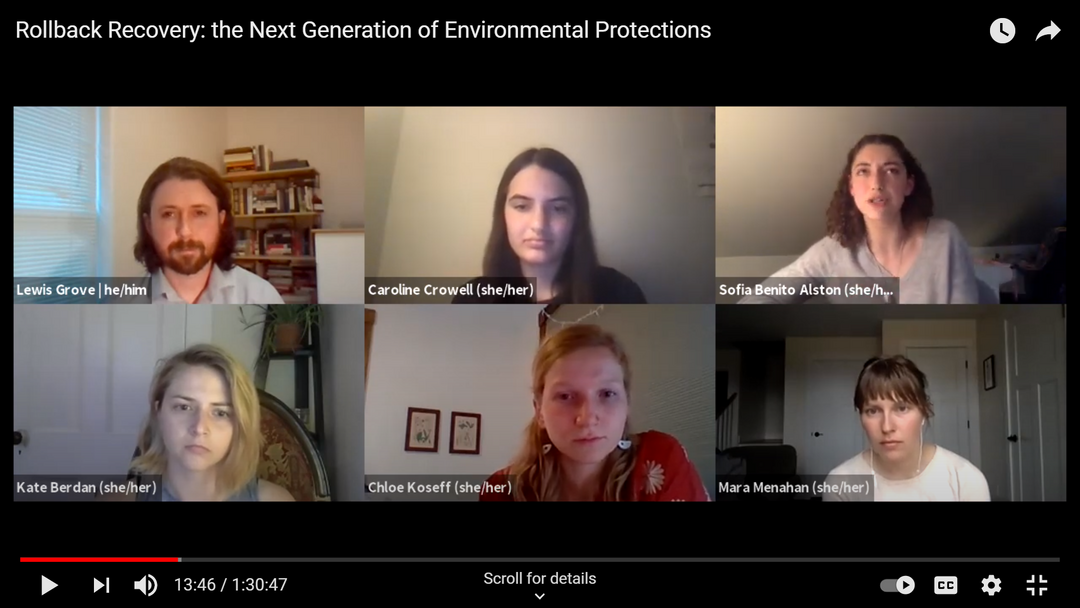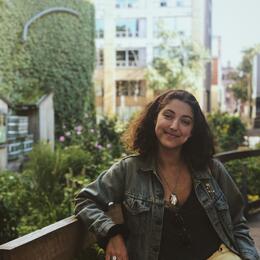Recognizing the important role that youth leaders are playing, Audubon Vermont assembled a group of youth climate leaders to discuss the role individual states have in environmental protection. Over the last couple of years, we’ve seen the impacts of federal rollbacks on key environmental and wildlife protection laws. Also, federal agencies approved significant numbers of projects harmful to human health and the environment. Many of these projects were approved in disregard of Indigenous rights. The need to address federal rollbacks is even more pressing in light of the disproportionate impacts of these and similar decisions on at-risk populations like Indigenous groups and People of Color, in addition to harming birds and the environment. This discussion was the most current installment in Audubon Vermont’s Tough Conversations webinar series.
Watch the webinar:
Rollback Recovery: the Next Generation of Environmental Protections
The Rollback Recovery: the Next Generation of Environmental Protections webinar began with a short explanation of what the federal rollbacks under the Trump administration were and an invitation for the panelists to describe their opinions on the importance of these occurrences. All the panelists agreed that some of the biggest problems with our current system is that there’s a devaluation of science and a lack of strong policy. Environmental progress has been very slow and has taken many decades, and in Lewis Grove’s words “to see it undone quickly over a few years was hard to watch, and even more frustrating will be spending a few years of work to get back to where we were.”
Panelist Chloe Kosseff brought up the next point of discussion on whether we should be re-evaluating and re-structuring our system by using the National Environmental Policy Act (NEPA) as an example of a strong, but antiquated law. Certain infrastructure projects to help decarbonize our transportation system will be slowed down due to NEPA, and this is just one example of a project we need to be putting in motion immediately. “There needs to be a reckoning with how we value our environment and natural resources and our protections for them.” Botanical illustrator and panelist Mara Menahan connected this re-evaluation of our laws with one of the laws modified under the Trump administration, the Roadless Rule, which exempted the Tongass National Forest in Alaska from this law, therefore allowing clear-cut logging. “One opportunity to rethink some of these environmental rules is to advocate for more permanent protections of these threatened landscapes.” Mara recently finished a documentary alongside Elsa Sebastian, a young fisherman in Alaska, which aimed at documenting the beauty of the coastal temperate Tongass National Forest in Alaska and bearing witness to the destructive impacts of clear-cut logging.
As the conversation kept going the panelists discussed the US Department of Agriculture and its role in protecting our forests and how they are managed. Within this conversation, panelist Kate Berdan mentioned ecosystem services, which are what our environment provides us in quantifiable and unquantifiable ways, including (in Kate’s words) “the joy you get from a sunny landscape of your favorite mountain.” Lewis, however, brought up the counter-argument that as important as it is to have a framework like ecosystem services, it encourages our society to see nature only in terms of what it provides to humans. By having this mindset we turn protecting the environment into a financial calculation rather than protecting it because we ought to.
When asked about connecting disadvantaged youth who live in urban areas with nature in order to inspire them to become better advocates, our panelists all agreed that there are many organizations working on this around the country and focusing on small urban gardens, parks, and places where kids can connect to nature and feel a connection to their home. To ensure projects like these can continue we must support funding for groups that are focusing on environmental justice and allowing young kids to learn about nature without having to travel far away from their neighborhoods. Greener cities lead to healthier and happier communities.
The panelists also discussed the main theme of this webinar, which was state participation in environmental conservation and their role in becoming environmental leaders. Lewis worked along Audubon Vermont and other key organizations in encouraging our policymakers to pass a bill protecting migratory birds within the state of Vermont. This was a necessary protection due to the rollbacks on the federal Migratory Bird Treaty Act. This topic created differing opinion on whether this work was meaningful or whether it was just patchwork for a failing system. As Lewis said, “Without the broader regional or hemisphere guiding policy framework, this is not going to mean that much.”
Overall, it was an informative and thought-provoking discussion. TheTough Conversations series aims to keep these conversations going and highlights that we all must keep learning.
If you have questions or ideas for us about making change together, we’d be pleased to hear from you. Reach out to Audubon: vermont@audubon.org
Link to Mara’s film: https://www.laststands.org
Meet our Co-Hosts and Panelists:
Sofia Benito Alston (she/her)
Audubon Vermont Environmental Policy Intern
Sofia was born and raised in Madrid, Spain and moved to Vermont a couple of years ago. She is a senior at the University of Vermont studying wildlife conservation, with a focus on both science and policy and a minor in chemistry. She has always had a love for the outdoors and has made sure to have a hobby for every season of the year, whether it’s hiking, kayaking or skiing. Anything to get her out of the house and moving around. Sofia is excited to gain experience on how non-profit policy works alongside the legislature and the roles the science and education branch have within that.
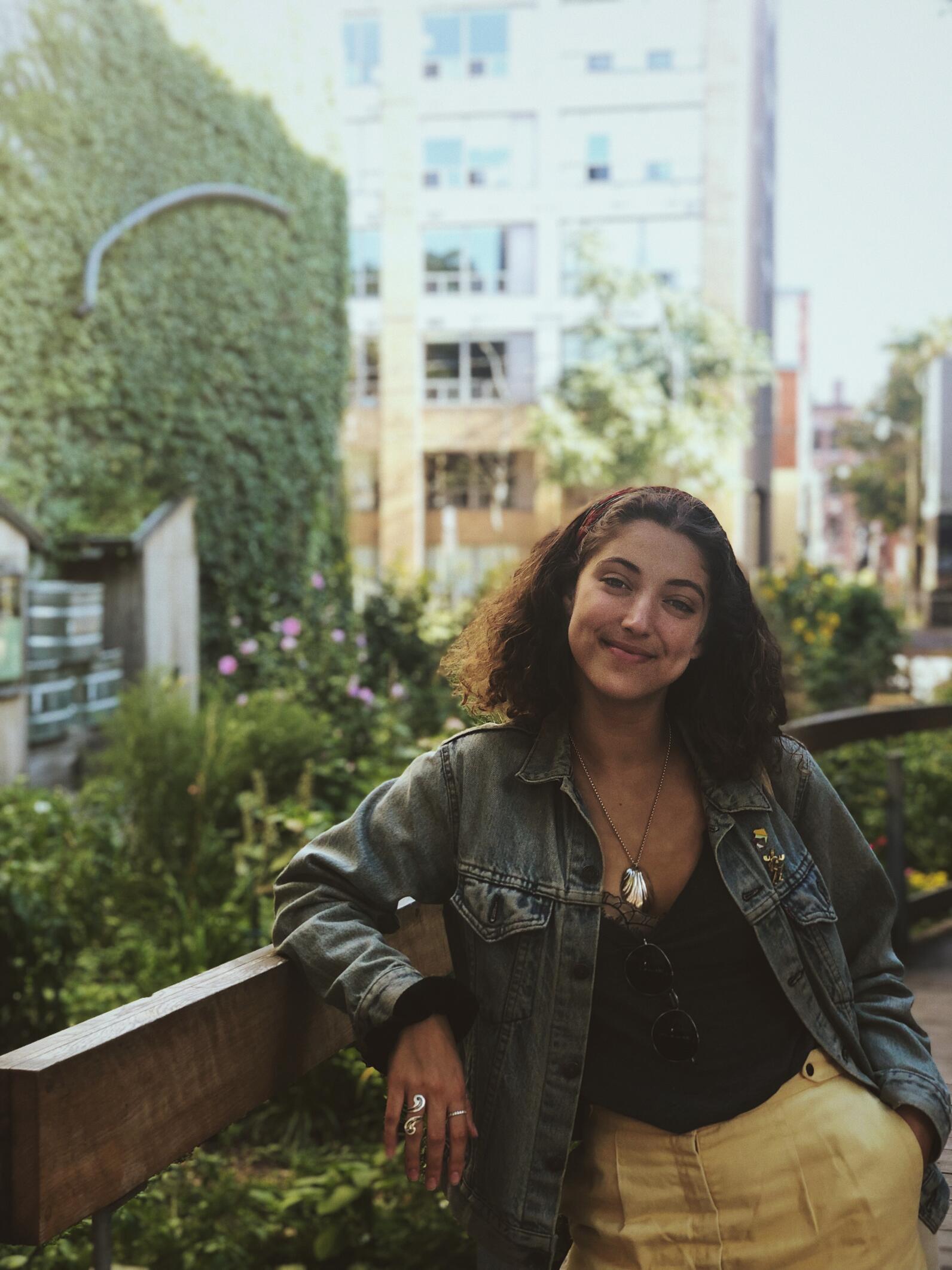
Caroline Crowell (she/her)
Audubon Vermont Environmental Policy Intern
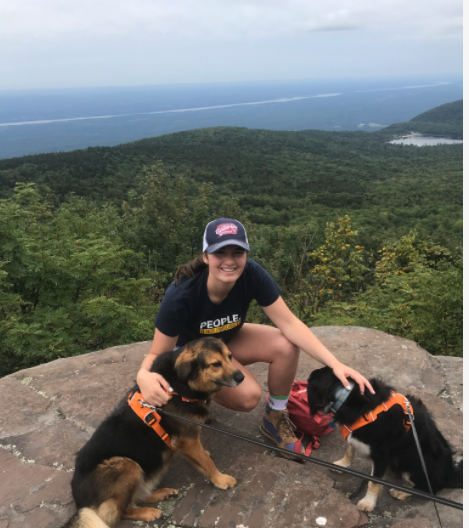
Kate Berdan (she/her)
Kate Berdan is a graduate student finishing her dual masters' degrees in Environmental Law and Natural Resource Management. Kate is particularly interested in landowner relations and conservation partnerships here in the northeast, and is a board member with the Green Burial Council where she works to certify conservation burial grounds. When not working from home, Kate can be found running the paddling department at the Outdoor Gear Exchange or out on the water in her canoe.
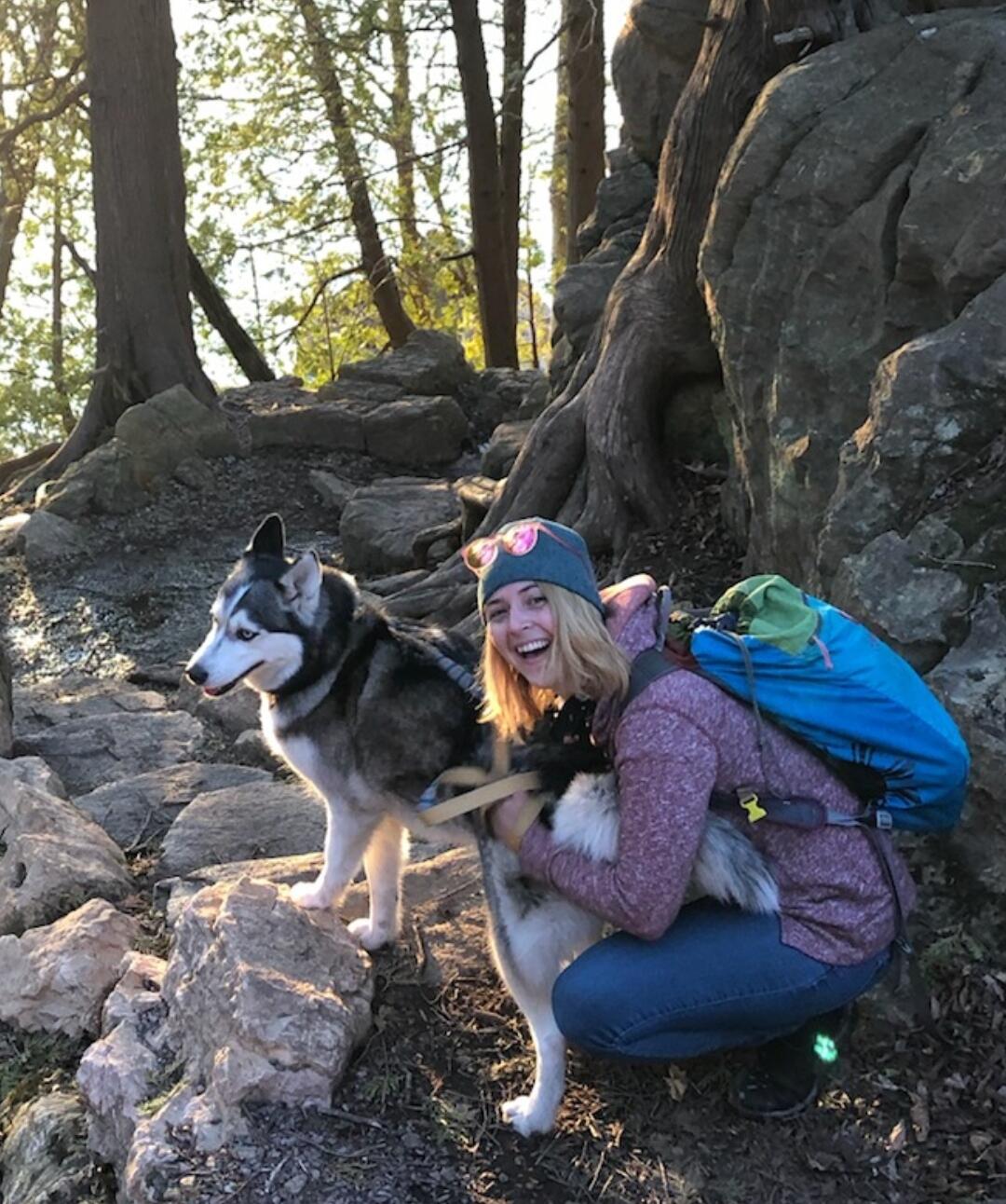
Lewis Grove (he/him)
Lewis is a 2020 graduate of Vermont Law School and a licensed attorney currently working for the VT Department of Labor. Prior to law school, he worked in more than a dozen states as an ornithology research technician, primarily focusing on songbird acoustics. Lewis’s professional interests are in public service and in bringing more scientific knowledge into legal and policy discussions.
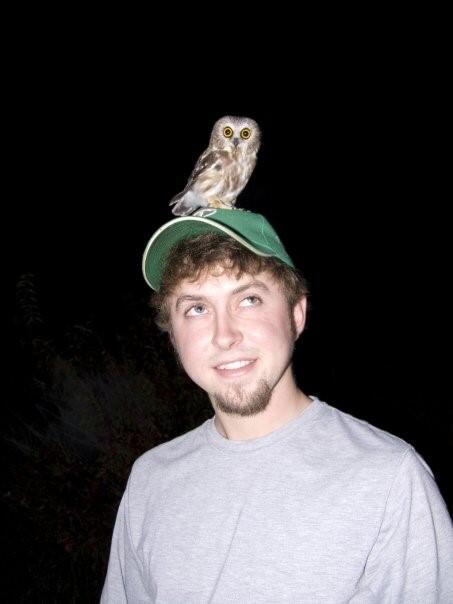
Chloe Koseff (she/her)
Chloe is a policy analyst for National Audubon Society's Climate Initiative. She works from the Washington DC office.
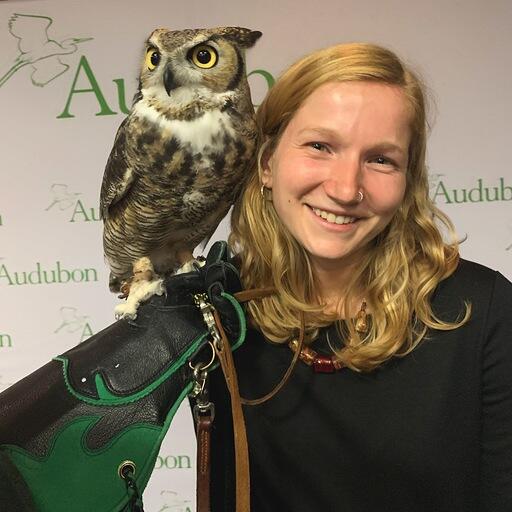
Mara Menahan (she/her)
Mara Menahan is a botanical illustrator, an artist and a naturalist. Through signage, participatory drawing workshops and paintings, her work asks people to engage with their more-than-human neighbors. She began her career at the United States Botanic Garden in Washington, D.C. as the in-house botanical illustrator. Since then, she has worked to document threatened landscapes across North America, painting the rare and endemic flora of the Baja California peninsula, the headwaters of Bristol Bay and the temperate rainforest of Southeast Alaska. Mara has also worked seasonally as a science technician at a National Science Foundation research station on the Greenland ice sheet, assisting with atmospheric research and painting the endless variations of ice and sky.
